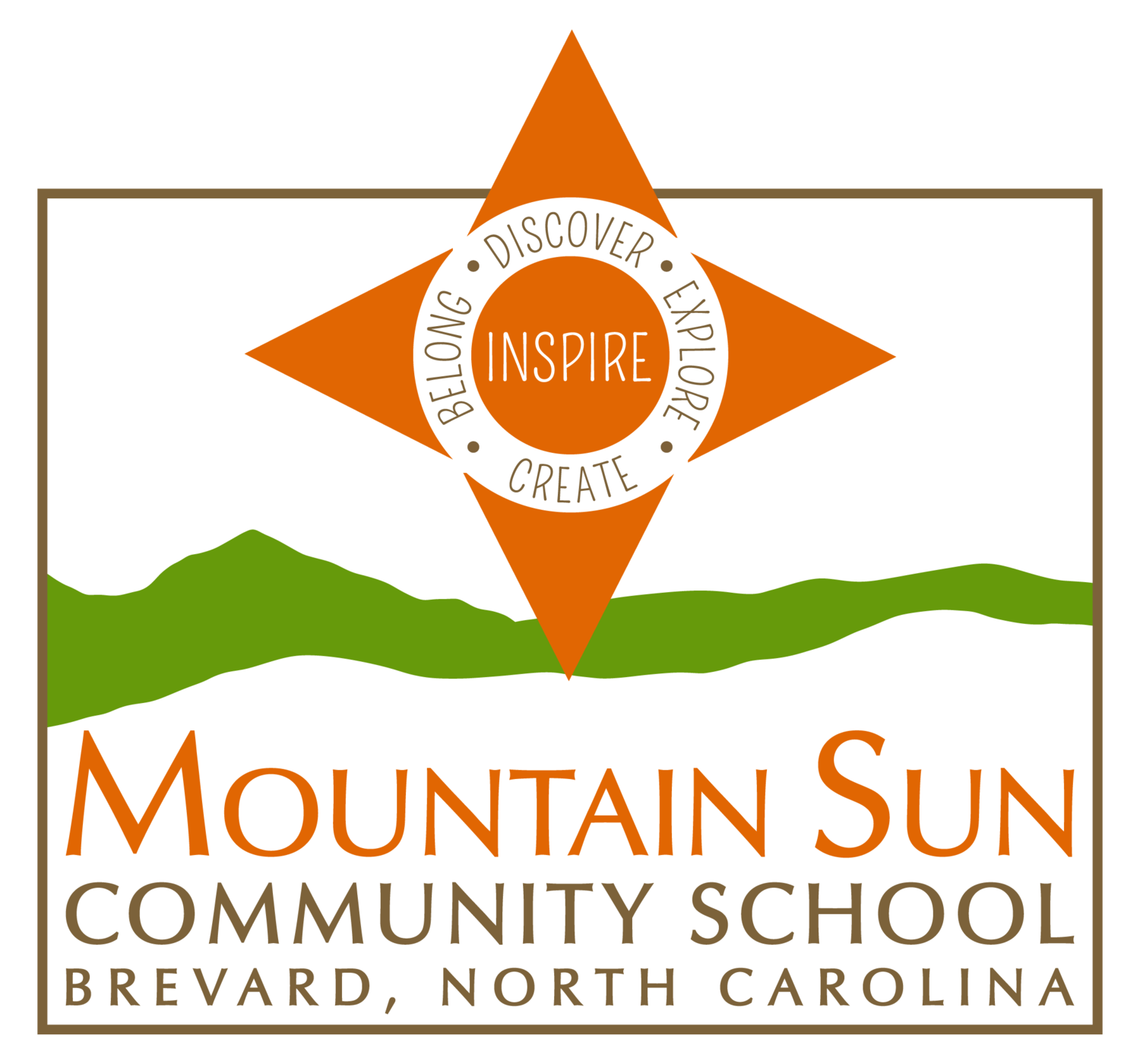Why Montessori?
While we would always welcome more in-depth academic research to support the work that we do at Mountain Sun, there is good data out there! Here are some of the most striking findings…
#1
A Montessori program for early childhood education leads to greater success down the road.
“How does this educational framework compare to others?”
Participation in a Montessori preschool program can result in advanced student achievement and development.
On a variety of academic tests, ranging from letter-word identification to math...Montessori kids outscored their public school counterparts.
Children in early Montessori programs have also been found “to use more mature social problem-solving strategies…which is associated with better outcomes in social and academic domains.”
We can conclude that gains early in life such as these are meaningful and “...would be expected to have lasting benefits to children and society.”
#2
The Montessori method develops a child’s executive function, which is a major predictor of academic success.
“Is this method the best fit for my child?”
“Research shows that students who attend Montessori schools foster higher levels of executive functioning skills like self-discipline, autonomy over learning, deep focus, critical reasoning and problem solving.”
“Executive function is an umbrella term covering several component skills, such as working memory, inhibitory control, attention, planning, and flexibility. It is sometimes viewed as redundant with self-regulation.
Increasingly, executive function skills are seen as key not only to school readiness but to success in life.”
#3
Montessori teaching methods and tools lead to higher test scores, especially in math and science.
“Will my child get the knowledge they need to be successful adults?”
A Montessori education can produce gains in academic achievement and “school readiness” as early as 5-years-old.
One study found that “attending a Montessori program from the approximate ages of three to 11 predicts significantly higher mathematics and science standardized test scores...in high school.”
Another study from South Carolina found that a greater percentage of Montessori students in grades three through eight passed reading and math assessments than their traditional school peers.
Much of the gains in math scores are thought to be tied to the key Montessori method to prepare the environment, where materials provide concrete, hands-on examples for abstract concepts.
Montessori students also demonstrate more flexible, conceptual thinking in their approach to solving these problems.
Findings on reading and writing gains in Montessori programs are not as dramatic or extensive, but letter-word identification scores for...Montessori programs were twice what they were for the two other groups studied, and at the end of elementary school, Montessori children wrote more creative essays with more complex sentence structures.
Montessori is not the answer for everyone or every program. But if it is the right fit for your family, it’s good to know that data proves equal - if not greater - success for students educated using the Montessori method. “Montessori education fosters social and academic skills that are equal or superior to those fostered by...other types of schools.”
A more detailed version of this information was posted on our blog. Click here to read more!



